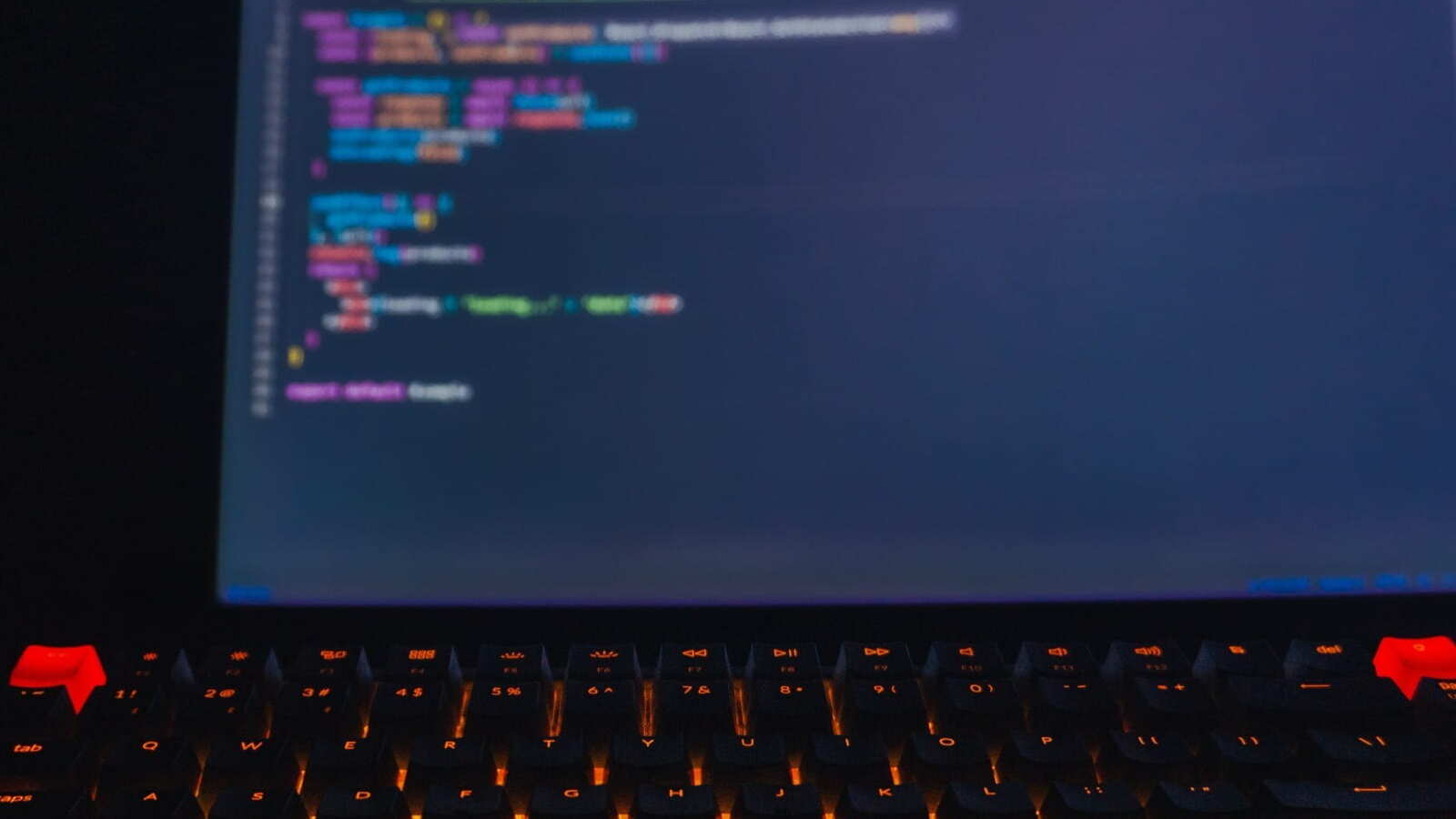
Cracking the Code: How to Make an Impression in a Frontend Developer Interview
Frontend development has become a hotspot in the IT industry in an ever-growing digital world, and competition is fierce. Getting the job you want requires more than just an impressive resume; you must also stand out in your interview. Here are some pointers to help you get through a frontend developer interview and leave a good impression.
Understand the Fundamentals and Beyond
A solid foundation in the fundamentals, such as HTML, CSS, and JavaScript, is essential for any frontend developer. To truly stand out, your knowledge of frameworks and libraries associated with these languages, such as React, Vue, or Angular, must extend. Understanding key concepts such as asynchronous programming, closures, and the virtual DOM can elevate your responses and demonstrate a deeper understanding of your craft.
Also, keep up with the latest frontend development trends. Jamstack, Progressive Web Apps (PWA), and Headless CMSs are becoming increasingly popular. Knowing about these trends can demonstrate that you are proactive and committed to your profession.
Showcase Your Problem-Solving Ability
Frontend development is more than just implementing previously learned solutions. It necessitates a substantial amount of problem-solving, debugging, and fine-tuning. Don't just focus on the solutions you've implemented in the past during your interview. Highlight the method you used to identify and solve the problem. Show how you think, how you debug code, and how you optimise performance. This allows employers to better understand your analytical abilities, which are essential for a successful developer.
Display Your Projects
Real-world projects are the most effective way to demonstrate your abilities. It could be a personal project, freelance work, or a contribution to an open-source project. Discuss the projects you're proud of, the difficulties you encountered, and how you overcame them. Consider keeping a portfolio or a GitHub profile where interviewers can see your work in person. Remember that telling about your work is important, but showing it is far more powerful.
Soft skills are also important
While technical skills are important, don't overlook the value of soft skills. Effective communication, teamwork, and empathy are more important than ever in an era of remote work and digital communication. Demonstrate your ability to work well in groups, your eagerness to receive and give constructive feedback, and your ability to understand the user's point of view. These abilities demonstrate that you are a well-rounded professional, not just a good developer.
Recognize the Business Side
Frontend development is critical to user interaction, customer satisfaction, and overall business success. As a result, understanding the business side of things can give you a competitive advantage. Demonstrate an understanding of how your work affects business metrics such as conversion rates, user engagement, and load time. Understanding the principles of SEO, accessibility, and UX design can also demonstrate that you understand how your role fits into the larger picture.
Get Ready for the Specifics
Finally, do your homework on the company you're interviewing with. Understand their products, target audience, and technology stack. Identify any challenges they may be experiencing in their frontend development and brainstorm possible solutions. This level of preparation can demonstrate that you're genuinely interested in the company and eager to get started.
To summarise, a frontend developer interview requires a combination of strong technical knowledge, problem-solving skills, effective communication, and a keen understanding of the business impact of your role. You can make a strong impression and increase your chances of landing that dream job by focusing on these areas. Remember that every interview is an opportunity to learn. With each one, you'll improve your ability to present your skills and understand what employers are looking for. Good luck with your interviews!

